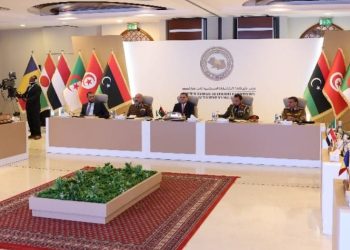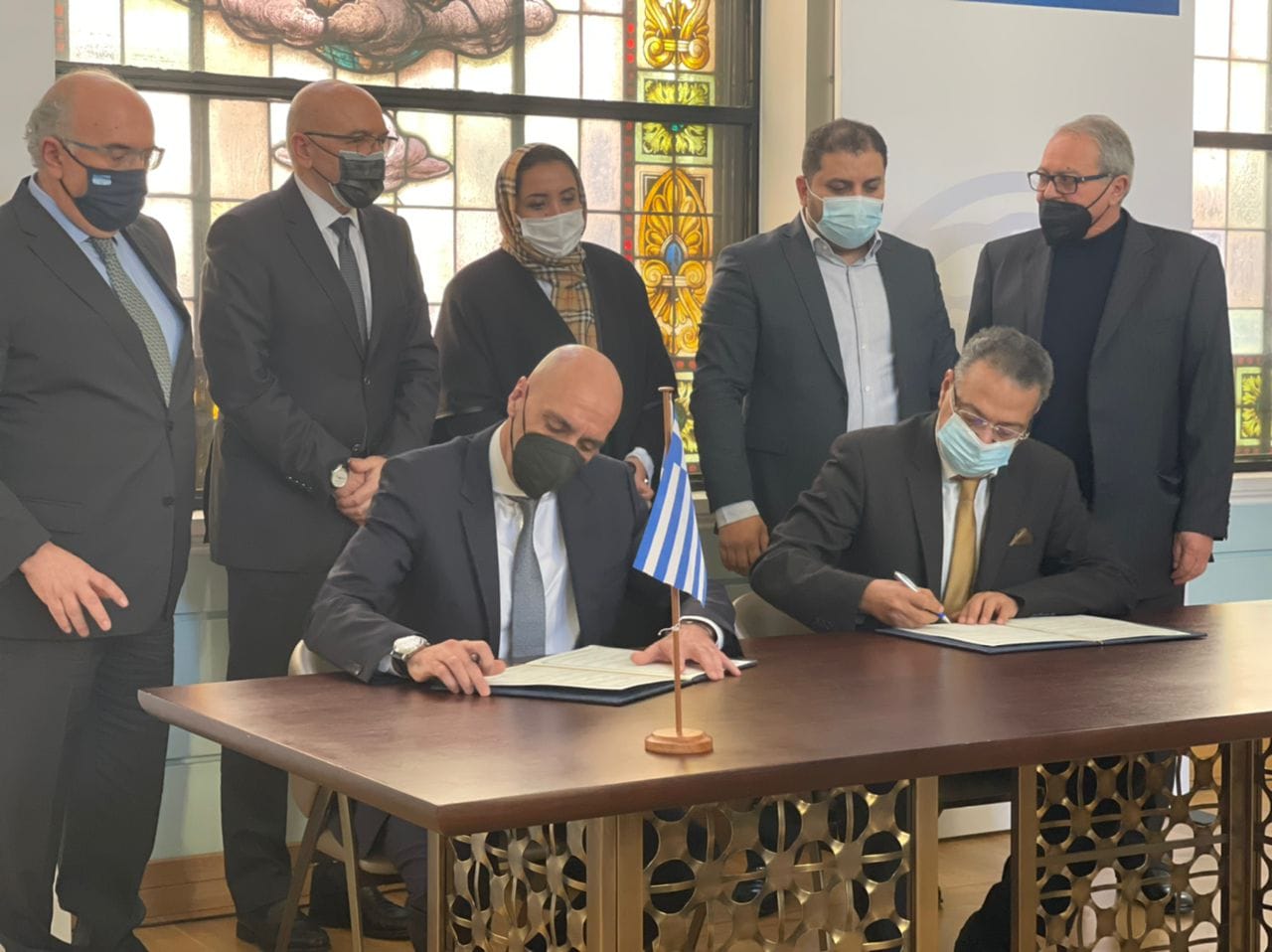By Sami Zaptia.

Tripoli, 26 January 2022:
At yesterday’s House of Representatives (HoR) Tobruk session presided over by Speaker Ageela Saleh and reportedly attended by as high as 120 members, the input of the High State Council (HSC) was excluded from the conditions for candidacy of the new prime minister.
The end of the Aldabaiba government’s term in office?
It will be recalled that the HoR decided yesterday on 13 conditions for the candidacy of the new prime minister to replace current prime minister Abd Alhamid Aldabaiba. The HoR considers Aldabaiba’s term of office to have expired on 24 December 2021.
An alternate reading of the LPDF mandate?
Other Libyan political stakeholders, including the HSC and the international community, however, consider the current government to still be valid until a newly elected government is installed.
Despite this alternative reading of the Geneva Libyan Political Dialogue Forum (LPDF) mandate, the HoR has pushed ahead with starting the process for selecting a new prime minister.
Prime Ministerial candidacy conditions
The HoR’s Prime Ministerial candidacy condition number 11 prescribes that a candidate must obtain the recommendation of 25 members of the HoR. Initially, this condition had prescribed that a candidate must obtain 25 recommendations from the HoR and 15 from the unelected advisory body, the High State Council (HSC).
The Libya Dawn 2014 Tripoli militia coup, the GNC, the 2015 Skhirat LPA and birth of the HSC
However, a debate took place at yesterday’s session regarding the whole continued role of the unelected ‘‘advisory’’ HSC. It was recalled by members that the HSC was created in extraordinary circumstances after the Tripoli militia coup of 2014 in league with a rump of former parliamentarians (the General National Congress – GNC). The Tripoli militia coup led to Libya having two governments, with the government favoured by the newly elected HoR residing in eastern Libya.
The international community fashioned the political compromise agreement between the elected HoR, and the rump of the outgoing parliament (the GNC) signed in the Moroccan town of Skhirat in 2015: the Libyan Political Agreement (LPA). The LPA created an unelected ‘‘advisory’’ body, the HSC. The LPA prescribed that all major Libyan political decisions were to be taken in agreement by the HoR and the HSC.
Is the LPA still valid?
Members agreed that as an elected body they had indeed signed the Skhirat LPA, but now wondered about its continuing validity in 2022, especially with the overwhelming number of former boycotting HoR members now attending HoR sessions.
Is the HoR membership now united?
Members were now proud that 120 members were regularly attending HoR sessions. They claimed Skhirat was able to be created and foreigners were able to interfere because Libyans were divided. They claimed that with 120 members regularly attending the HoR sessions now, Libyans were now no longer divided.
The end of foreign interference?
Members blamed Libya’s problems on foreign interference and decided that now that the House is united, they can act as one – without foreign interference. One member considered Stephanie Williams to be no more than a personal advisor to the UN Secretary General. He said her role is now diminished and her advise is no longer valid. He said Libyans should stop seeking the advice of foreigners. Libyans should and can now come up with Libyan-Libyan solution.
The HSC is not a good partner
Several HoR members pointed out that the HSC has proven obstructive and failed to be a good partner since its inception in 2015. They noted all their joint meetings abroad across different committees on the different tracks failed to result in solutions. They said the HSC failed to keep to agreements. For this, they called for the HoR, the only elected political body, to accept its responsibility and work without the obstructive HSC.
Remain inclusive and consensual
However, there were voices in the debate that noted the conciliatory meetings held since the postponement of the 24 December 2021 elections between the HoR’s Road Map Committee and the HSC. They urged caution and conciliation, calling for the HoR to continue to ‘‘consult’’ the HSC. Others differentiated between ‘‘consulting’’ the HSC and getting their approval. They advised the HoR, and especially the Road Map Committee, to continue to consult the HSC – but not to be held to ransom by their approval or lack of.
Ultimately, the House voted by a majority to exclude the role of the HSC in the candidacy conditions of the next prime minister. The HoR’s Prime Ministerial candidacy condition number 11 now prescribes that a candidate must obtain the recommendation of 25 members of the HoR.
HoR announces candidacy conditions for next prime minister | (libyaherald.com)
Aldabaiba government’s mandate expired on 24 December 2022: HoR Speaker Saleh | (libyaherald.com)











